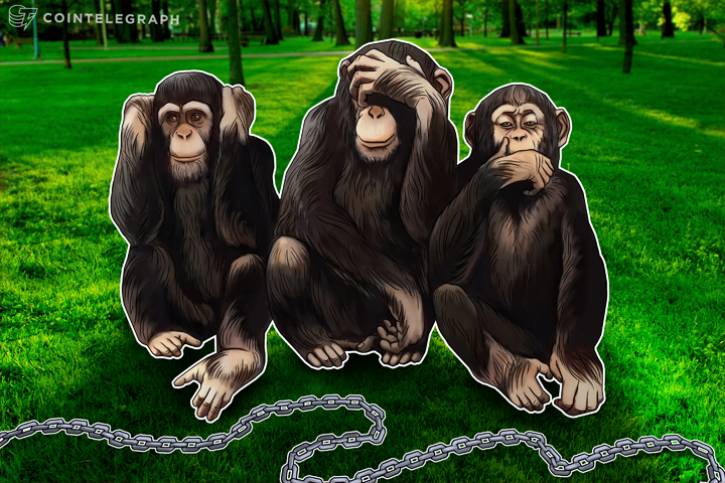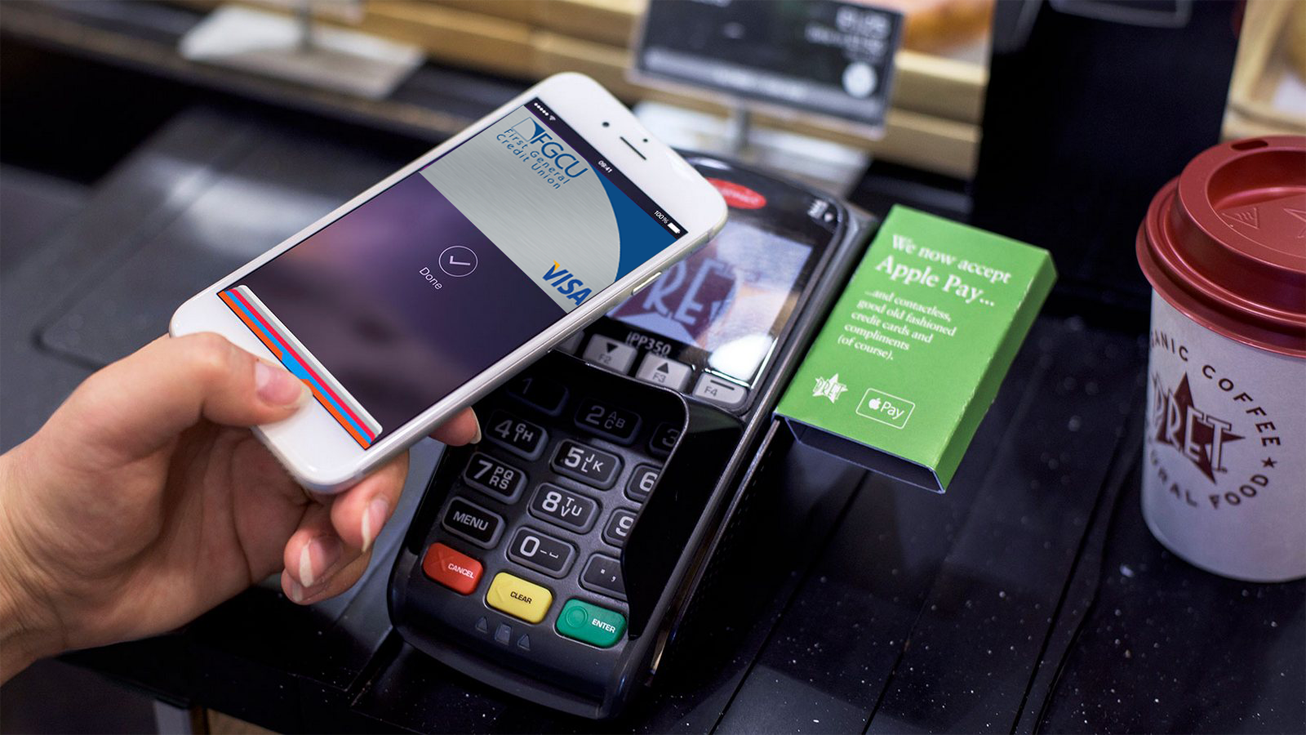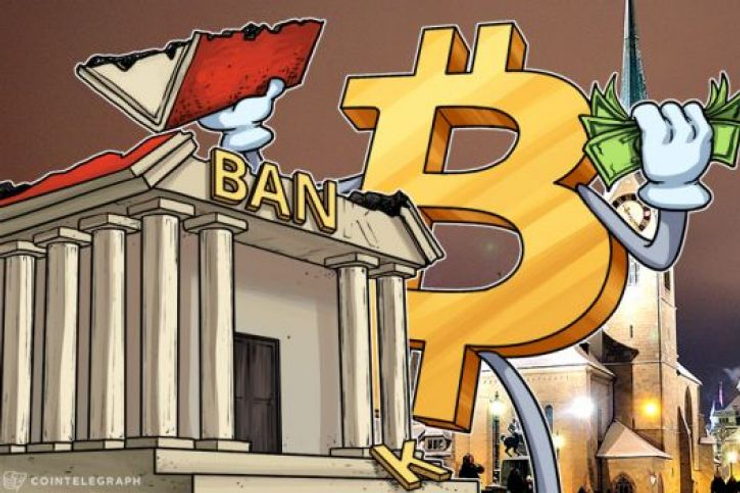Hi, I’m Adil Wali. I became a Microsoft certified professional at age 14 and started my first web development company. That led to a career as a serial entrepreneur, advisor, and startup investor. I got my first “real job” at 33, and I’m now a FinTech executive with a passion for the markets.

I am convinced that entrepreneurship is far from a rational pursuit. I am also pretty sure that I’m not the only person who thinks so. I’ll put it simply:
- the numbers are stacked WAY UP against you.
- the personal, professional, emotional, and financial commitments are borderline insane.
- the ‘expected value’ of the investment is well below zero.
In short, there is not very much that’s rational about being an entrepreneur.
While I am sure that entrepreneurship is not rational, I am not really sure about whether irrationality is an entirely good or bad thing. This subject has been plaguing me for a while, actually. I’ve always viewed rationality in a positive light, and I’ve always thought of being irrational as a weakness (or an opportunity for improvement.) But, for whatever reason, I never connected the dots. My whole life has been one irrational pursuit after the next. Yikes!
Rationality reduces waste
So what’s so good about being rational? It mostly has to do with waste, it seems. If we are rational about the world, then we’ll pursue opportunities that have higher probabilities of success (less risk) that are typically accompanied by less reward. But if we are irrational, then we’ll chase huge outcomes, even though we are very likely to fail. So what happens when we fail? Typically, we waste stuff:
- Wasting time: if we pursue something irrational that doesn’t pan out, then we wasted some significant amount of time. And, of course, in startup-mode, these aren’t normal days we are wasting. These are 18-hour all-in days.
- Wasting money: we usually waste some combination of our own and other people’s money. Usually, the other people (investors) have a lot more of it than we do, so the impact to our personal bank account is the most meaningful.
- Wasting potential: life is about opportunity cost. Just because we fail doesn’t mean we are not talented. If a startup we pursue doesn’t pan out, we have lost the opportunity to have applied our talent to a ‘winner’ during the same time.
So, the real positives of being rational are that we waste less. We take paths and seize opportunities that have a higher probability of success, and as such, have some peace-of-mind in knowing that our time and money was reasonably well spent.
Irrationality has upside, too
What most people don’t often realize (and I’m not sure I ever did until now) is that irrationality has some potential upsides. Those upsides are particularly useful when you are trying to start something new.
- Potentially huge wins: By attacking a significant space full of huge incubements, you not only prove that you are crazy, you have the potential to pull off a monstrous success if you can make it work. (Examples: Google, Zappos, Dell)
- Powerful motivation: Nothing drives you quite as much as ‘having no choice’ but to make it. I’ll never forget the first time one of the companies I started was at risk of not making payroll. I was never better at pounding the pavement for new revenue than I was then.
- Few stones unturned: When you are irrationality committed to a problem (I use ‘problem’ instead of ‘solution’ very deliberately here…), you are driven to try many different things to find a solution. Perhaps more than one would rationally pursue. One of those stones may be your winner.
The positives around irrationality are all around guts and upside. If you weren’t crazy enough to keep going, you may not ever find that ‘huge win.’
Whatever you do, own it
In the end, it seems impossible to figure out which trait is better. They both clearly have strong pros. I could agonize forever about which path yields a better life, but I’m not sure its worth it. The choice that’s right for us depends on who we are. There is no one ‘right answer.’ Also, I think that each of us can be rational or irrational in different spheres of our lives. (Example: I was very rational about breakfast this morning, but am totally irrational about the company I’m going to start next.)
While there isn’t just one right answer, I do think its really important for us to be aware of how rational we are with respect to the different decisions we make in life. It’s ok (I would even say ideal) for us to ‘own it.’ We should know what our core assumptions are when we make a decision in life, and should acknowledge it if we are being completely irrational. Two things happen when we do that: 1) we are much more honest with ourselves in our intellectual dialogue and 2) we are able to learn a lot more from both our successes and our failures when we understand what truly motivated us in the first place.






